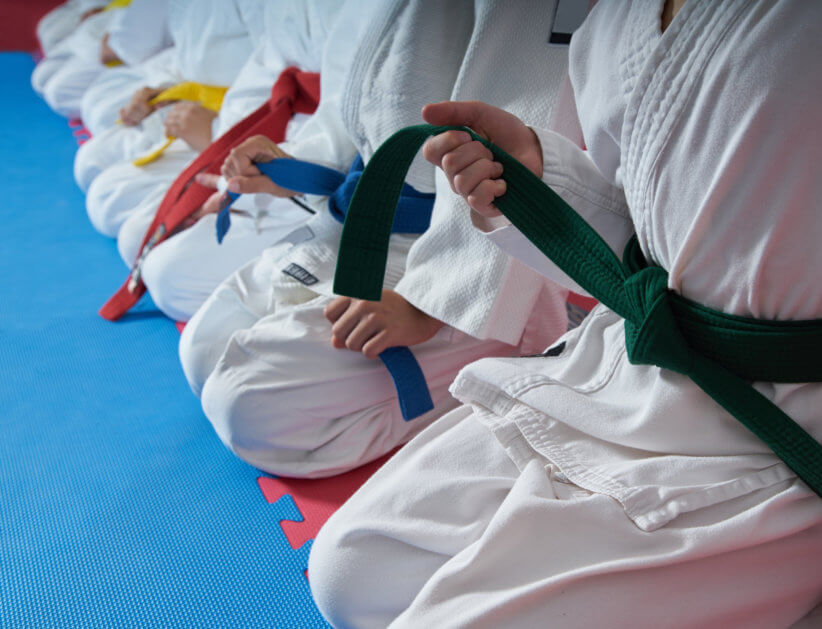There’s a reason why soccer is the second most popular childhood sport in the US: It’s easy to learn, a good workout, and fun. And whether your child plays with your local park district or an elite club league, what he consumes can impact performance.
Young children who are learning the game and are on the field just a few times a week can maintain their usual diet.
“For little ones who are just starting out playing soccer, there really isn’t much more needed than three healthy meals a day and normal healthy snacks,” says registered dietician nutritionist Jill Castle, author of “Eat Like a Champion: Performance Nutrition for Your Young Athlete.”
“However, in middle school and high school, the demands of soccer increase, and this may translate to an extra snack after a long practice that provides a carbohydrate source and a protein source. These two nutrients help reload the muscles with glycogen, the preferred energy source for muscles, and promote repair of muscle tissue.”
Game day
A nourishing breakfast is a must on game day. A morning meal allows athletes to stay ahead of their nutritional needs all day. Often, when athletes skip breakfast, they get behind in calories and nutrients. This may affect their athletic performance and cause them to be hungrier later, resulting in poor food choices and even overeating.
Lunch is the mid-day nutritional boost kids need to either prepare for competition or recuperate from morning events. Lunch should provide an array of food groups, such as protein foods, dairy, grains, fruit, and vegetables.
Naturally, fluids are also very important for the athlete all day long, with dehydration being one of the big culprits in poor athletic performance.
Travel soccer presents its own set of challenges.
“The best tip I can give is to be prepared with food on hand. Having a variety of different healthy snacks packed up and ready to travel is ideal, because it allows athletes the ability to avoid the concession stand where we know most of the choices there may be unhealthy,” suggests Castle. “Bring a cooler of fruit, veggies, and hummus or other dip, yogurt, granola, cheese, crackers, nut butters, 100-percent juice, small bottles of sports drinks.”
All day tournaments require more substantial fare such as sandwiches, cold pasta salads, and green salads.
With the growing emphasis on player wellness that includes carefully planned nutrition, eating well may give your child an edge over the competition.
Christine Palumbo is a Naperville-registered dietitian nutritionist who is a Fellow of the American Academy of Nutrition and Dietetics. Follow her on Twitter @PalumboRD, Facebook at Christine Palumbo Nutrition, or Chris
Smoky chipotle mac and cheese
Serves 10
INGREDIENTS:
1 lb box cellentani (or any hearty pasta)
½ cup butter
½ cup all-purpose flour
2 chipotles in adobo, minced
4 cups shredded 3-cheese blend
4 cups whole milk
2 pks of Nasoya Chipotle TofuBaked
1 small can diced green chilis, drained
½ can fire-roasted, diced tomatoes, drained
½ tsp pepper
DIRECTIONS: Cook pasta to al dente (approx seven minutes), shock in cold water, drain, and set aside.
In a medium sauce pot, combine butter and flour. Cook on medium, stirring until smooth and slightly toasted. Slowly add milk while stirring and continue to simmer until sauce is bubbly. Stir in cheese until melted and smooth.
While still hot, stir in chipotles, Chipotle TofuBaked, chilis, fire roasted tomatoes, and drained pasta. Season with pepper and serve.
NUTRITION FACTS: 580 calories, 49 g carbohydrate (3 g fiber, 8 g sugar), 27 g protein, 31 grams fat (18 g saturated), 75 mg cholesterol, 610 mg sodium, 20% DV vitamin A, 8% DV vitamin C, 50% DV calcium, 20% DV iron.
Adapted from and used with permission by Nasoya.






















